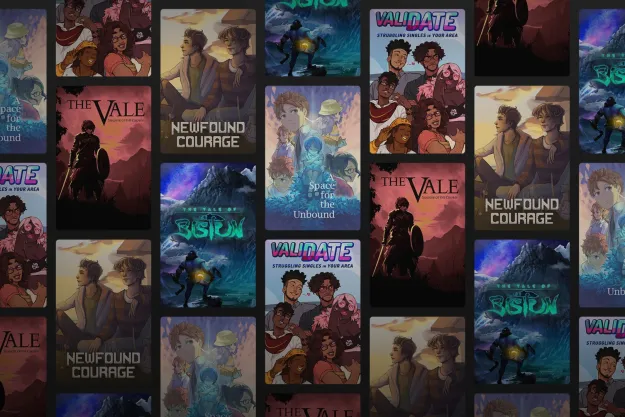All of the highlighted games will be hand-picked by the team that has spotlighted worthwhile games, both free and paid, since the App Store launched in 2008. Leading up to the official unveiling and launch of Indie Showcase, Apple spent the last two weeks promoting an eclectic batch of indie titles at discounted rates on both the home and games pages. Prominently featured titles included the critically acclaimed Device 6, Super Hexagon, and Mushroom 11, a well-received PC indie that came to iOS recently.
Speaking with Polygon, Mushroom 11 creator Itay Keren said, “By setting up this showcase and reserving this desired spot on their store, Apple is essentially taking a stand to insure the creativity, sustainability and diversity.”
Placement on the App Store often has a direct correlation with the success of a game. The Indie Showcase initiative ensures that games from small studios are given a chance to thrive in a saturated market filled with free-to-play juggernauts like Clash Royale and titles from large developers like Nintendo’s Super Mario Run.
As of publication, Surgeon Simulator, Botanicula, The Escapists, and Prune — four indie games — occupy spots in the top-10 paid chart across the entire App Store.
It’s unclear at this time how often Apple will rotate games in and out of the showcase, but we know that it’s set to be a permanent and noticeable fixture with a myriad of categories to shine a light on a wide variety of titles. As of now, there’s categories for new indies, great sound design, gameplay, narrative, innovation, a deals section, and a top-25 list.
Apple doesn’t let developers pay for preferential statement on the App Store, so the playing field has never necessarily been unfair, but the Indie Showcase is still a step in the right direction for everyone that’s interested in widening their game selections.
Editors' Recommendations
- Everything you need to know about the massive Apple App Store outage
- Apple Music just got a cool feature you won’t find on Spotify
- Fortnite is coming back to iOS, but Epic Games still isn’t happy about it
- The best indie games for 2024
- We demoed tons of indies at The Game Awards. These were our favorites


